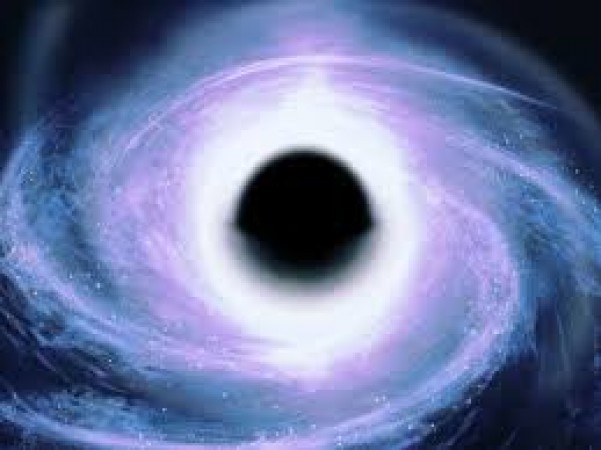
White holes are hypothetical celestial objects predicted by the laws of physics, just like black holes. While black holes draw in all matter and light, white holes are theorized to be the opposite—they emit matter and light without allowing anything to enter.
Theoretical Foundation
General Relativity
According to Einstein's general theory of relativity, black holes are formed when massive stars collapse under their own gravity. White holes are suggested by the mathematics of this theory, as they are essentially the time-reversed counterparts of black holes.
Quantum Physics
White holes are also speculated in the context of quantum physics, where they are seen as possible outcomes of certain scenarios involving the behavior of matter and energy at the quantum level.
Key Characteristics
Emission of Matter and Light
Unlike black holes, which devour everything in their vicinity, white holes are thought to emit matter and light. This emission could potentially include all the material that fell into a black hole, but in a reversed process.
Isolation from External Influence
White holes are envisaged as completely isolated from their surroundings, with nothing able to enter them. This is akin to how black holes prevent anything, including light, from escaping their gravitational pull.
Connection to Wormholes
Some theories propose a connection between white holes and wormholes—hypothetical tunnels in spacetime that could connect distant parts of the universe or even different universes. In these theories, white holes could serve as the "exit" points of wormholes.
Observational Challenges
Lack of Direct Evidence
While black holes have been indirectly observed through their effects on nearby matter and light, no direct evidence of white holes has been found. Their hypothetical nature and the challenges of observing them make them purely theoretical constructs at this point.
The Search Continues
Despite the lack of observational evidence, scientists continue to explore the theoretical implications of white holes. The quest to understand these enigmatic objects sheds light on the fundamental nature of space, time, and the universe itself. While white holes remain theoretical constructs, they represent an intriguing aspect of theoretical physics, offering insights into the deepest mysteries of the cosmos. As our understanding of the universe evolves, the search for white holes continues to fuel scientific curiosity and exploration.
How to eat walnuts, almonds and raisins in summer?
With which oil should small children be massaged in summer?
What Should Your Diet Be Like After 50? Keeping Your Body for Healthy Aging